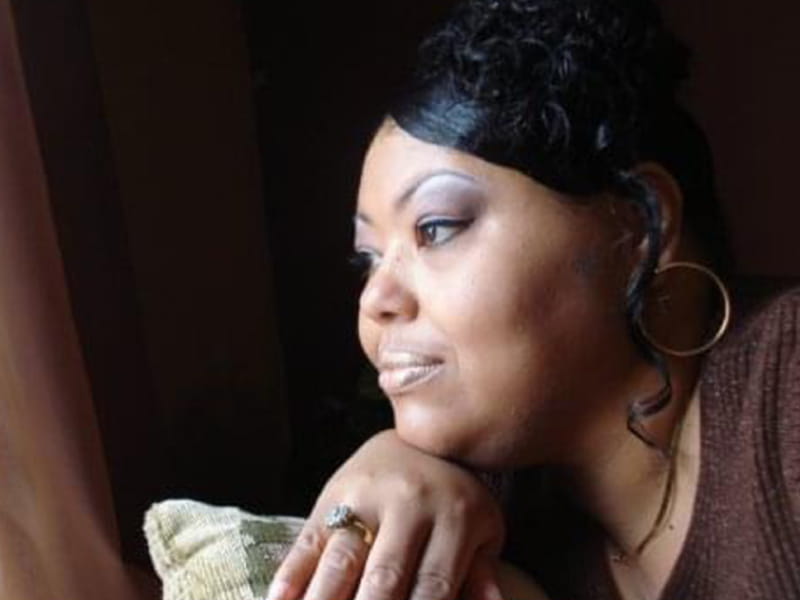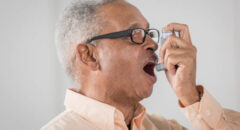
Terita Grier has struggled with obesity her whole life. She also has diabetes and high blood pressure, two leading risk factors for heart disease. Her dad died of a massive heart attack a month before she got married in her mid-20s. As she approached 50, Grier had a heart stress test.
The doctor didn’t detect any problems.
Fast forward three months. Grier began coughing, wheezing and experiencing a slight discomfort in the back of her shoulder. She thought she had bronchitis. A month later, she woke up one morning feeling worse. She sensed God telling her, “Go get this checked out.”
Grier drove to the nearest hospital in suburban Atlanta, expecting to be sent home with a prescription.
“I promise you I thought I’d be in the emergency room for a couple of hours and come home,” she says. “But that wasn’t the case.”
After several blood draws and some tests, the doctor told Grier she had a very high level of the enzyme that indicates she had a heart episode. The doctor said she was experiencing cardiac asthma.
A walking miracle
Grier’s lifelong friend Lisa White, whom Grier considers a sister, was living with her. White remembers getting the call.
“I had told her, ‘I don’t know why, but for about a month or so, God just had me standing in (your) room praying, and I didn’t know what for,'” White says. “When she called me from the hospital, I just immediately started crying, and I said, ‘That’s the thing, that’s what it was! He just wouldn’t let it go.'”
The next day, Grier had a cardiac catheterization procedure. Once the dye inside her arteries was illuminated on the screen, the doctor saw








